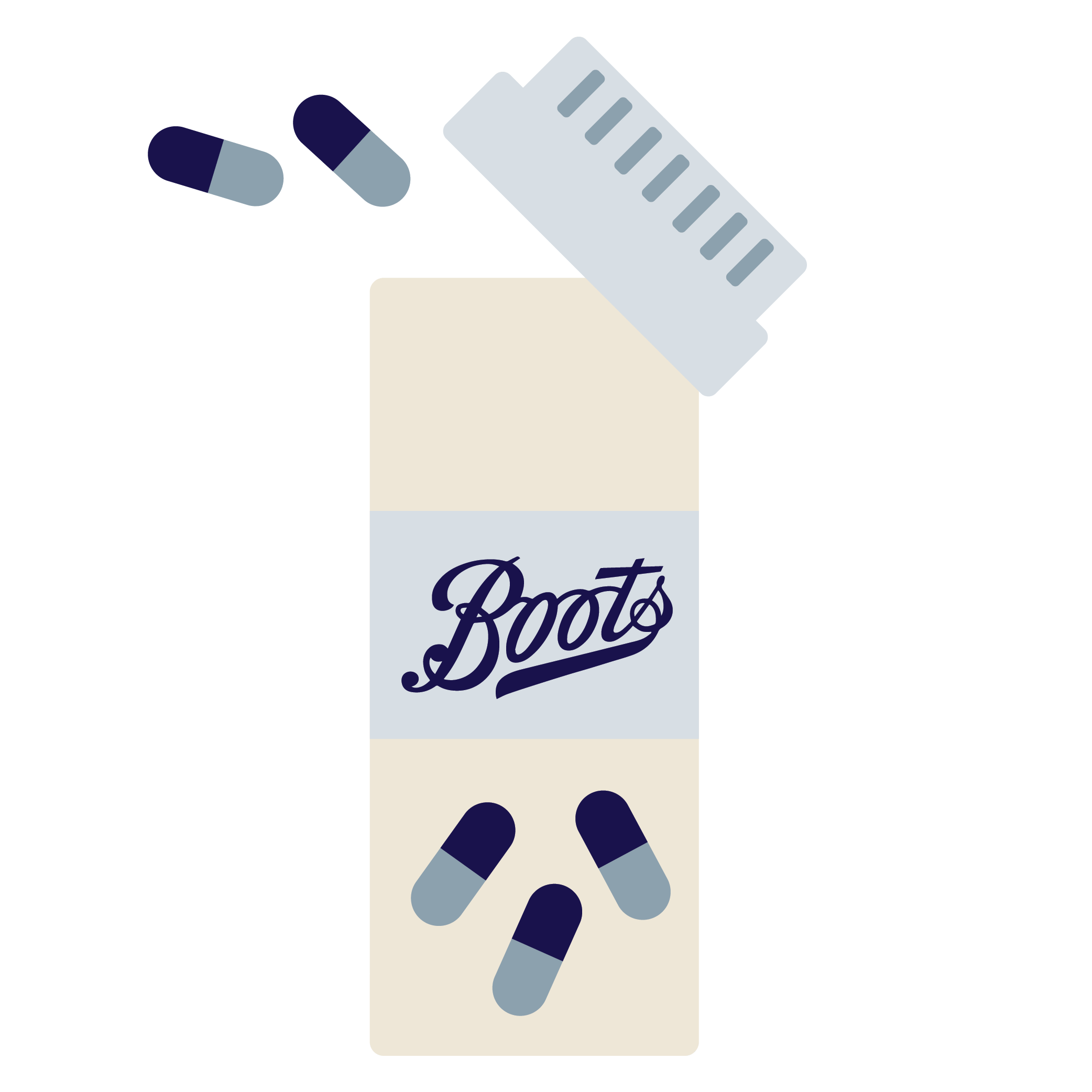
ASTHMA — WHAT YOU NEED TO KNOW
What is asthma?
Asthma is a long-term condition that affects both children and adults. It can develop at any age. If you have asthma, your airways are particularly sensitive and can react to a variety of triggers. Symptoms can include shortness of breath, chest tightness, coughing and wheezing. Sometimes these symptoms can get much worse, either suddenly or after building up over days. This is an asthma attack and can be life-threatening.

What triggers asthma?
There’s no one clear cause of asthma but we do know it can run in families.
If you have asthma,
you might find symptoms are triggered by a chest infection or a cold. Attacks can also be triggered by
something in your environment, like dust, smoke or pollen, or by something you come into contact with at
work. Some people wheeze with exercise and others are triggered by medicines, such as ibuprofen.
It’s important to get to know your asthma and work out your own triggers. You should try and avoid the
ones you can and prepare for situations that normally affect your breathing. So take your reliever with
you when you exercise or get your hayfever under control, if that applies to you.
What does it mean to have well controlled asthma?
Living with asthma shouldn’t mean you have to restrict your activities or put up with poor sleep. Good asthma control means:
- you have symptoms less than three times a week during the day
- no symptoms during activity or exercise and
- no symptoms at night
Asthma is a very variable condition and it’s common to need adjustments in medication. Symptoms can
gradually, or suddenly, become more troublesome - even if you’ve been well for a while.
Speak to
your GP or asthma nurse if you feel your asthma isn’t as well controlled as it could be. It’s really
important not to ignore any worsening issues - a simple change in medication can help you get back on
track.
How can I manage my asthma?
Take an active role in managing your asthma and know when to involve health professionals. It can make
all the difference to how much symptoms affect your life.
The top five things you can do are:
- Use an asthma plan to stay on top of your symptoms
- Take your preventer every day, even when you feel well
- Carry your reliever with you everywhere
- Check your inhaler technique
- Go for an asthma review with your GP or asthma nurse if you haven’t had one in the past year.
If you don’t have an asthma plan you can get one online or from your GP. Stopping smoking and maintaining a healthy weight are also likely to help reduce your symptoms.
Page last reviewed by: Dr. Christina Hennessey 21/06/2021

